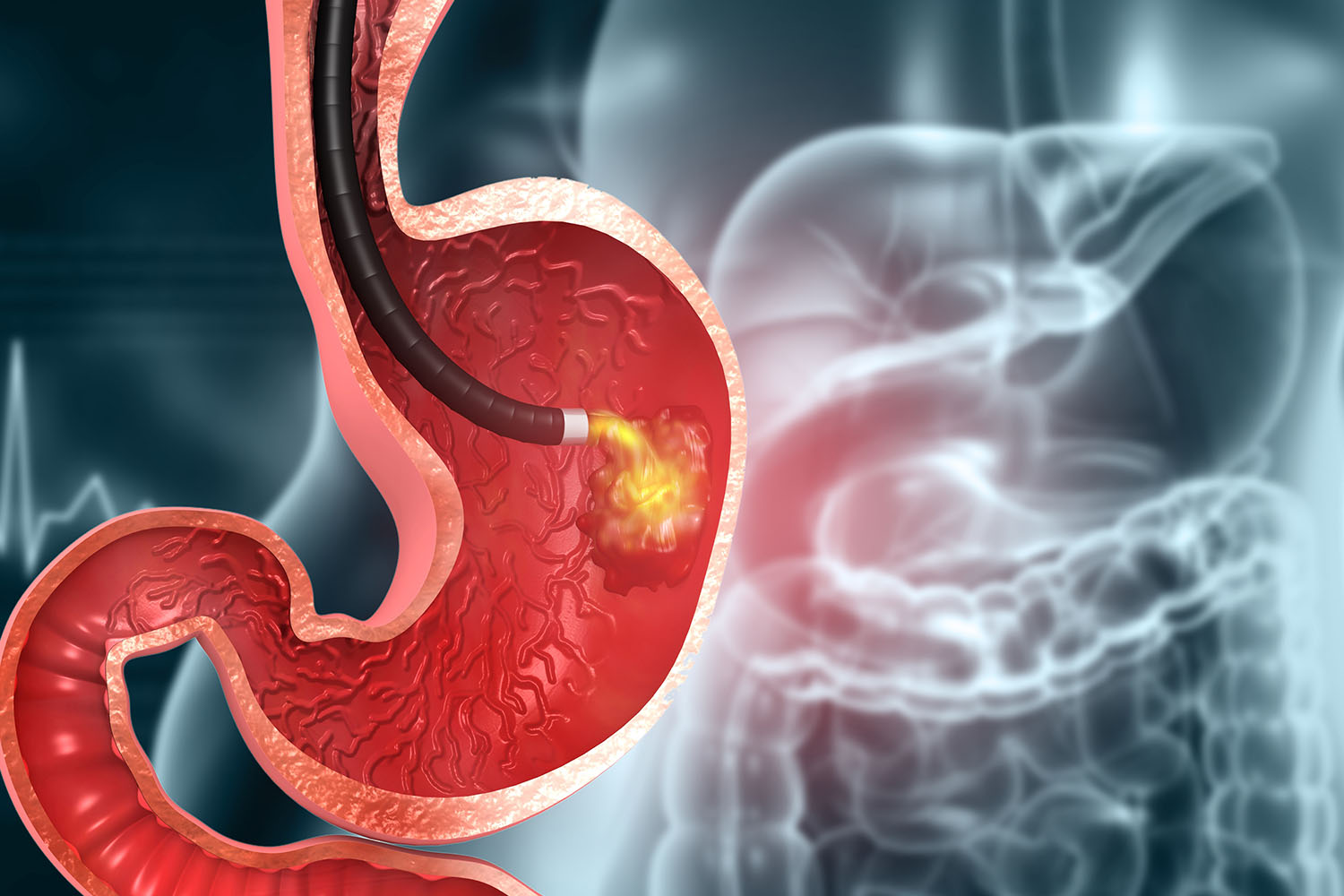Overview
Gastritis, a condition characterized by inflammation of the stomach lining, can cause discomfort and disrupt daily life. Fortunately, numerous treatment options are available to alleviate symptoms and promote healing. In this article, we’ll explore evidence-based strategies for managing gastritis and restoring digestive health.

Understanding Gastritis:
Before delving into treatment options, it’s essential to understand the causes and symptoms of gastritis. This condition can be triggered by various factors, including infection with Helicobacter pylori bacteria, excessive alcohol consumption, prolonged use of nonsteroidal anti-inflammatory drugs (NSAIDs), stress, and autoimmune disorders. Symptoms of gastritis may include abdominal pain, nausea, vomiting, bloating, indigestion, and loss of appetite.
Evidence-Based Treatment Approaches:
Medication: In many cases, medications are prescribed to reduce inflammation and alleviate symptoms. Proton pump inhibitors (PPIs), such as omeprazole and lansoprazole, help reduce stomach acid production, allowing the stomach lining to heal. H2-receptor antagonists, like ranitidine and famotidine, can also decrease stomach acid production and provide relief.
Antibiotics: If gastritis is caused by an H. pylori infection, a course of antibiotics may be prescribed to eradicate the bacteria. This approach not only treats the infection but also helps prevent recurrence of gastritis.
Dietary Changes: Certain foods and beverages can exacerbate gastritis symptoms, so making dietary adjustments is often recommended. Patients are advised to avoid spicy, acidic, and fatty foods, as well as caffeine and alcohol. Instead, opting for a diet rich in fruits, vegetables, lean proteins, and whole grains can promote healing and reduce inflammation.
Stress Management: Stress is known to worsen gastritis symptoms, so finding effective stress-management techniques is crucial for overall well-being. Practices such as meditation, yoga, deep breathing exercises, and regular physical activity can help reduce stress levels and improve digestion.
Lifestyle Modifications: In addition to dietary changes and stress management, adopting certain lifestyle habits can support gastritis treatment. These include quitting smoking, avoiding over-the-counter pain relievers (unless advised by a healthcare professional), maintaining a healthy weight, and practicing good hygiene to prevent bacterial infections.
Herbal Remedies: Some herbal supplements, such as licorice root, chamomile, and ginger, have been traditionally used to alleviate digestive discomfort and promote stomach health. However, it’s essential to consult with a healthcare provider before incorporating herbal remedies into your treatment plan, as they may interact with medications or exacerbate certain conditions.
Gastritis treatment encompasses a multifaceted approach that combines medication, dietary modifications, stress management, and lifestyle changes. By addressing the underlying causes of inflammation and promoting healing of the stomach lining, individuals can experience relief from symptoms and improve their overall quality of life. If you’re experiencing persistent symptoms of gastritis, it’s crucial to consult with a healthcare professional for proper diagnosis and personalized treatment recommendations tailored to your specific needs. With the right approach, gastritis can be effectively managed, allowing you to enjoy a healthier, happier life.



